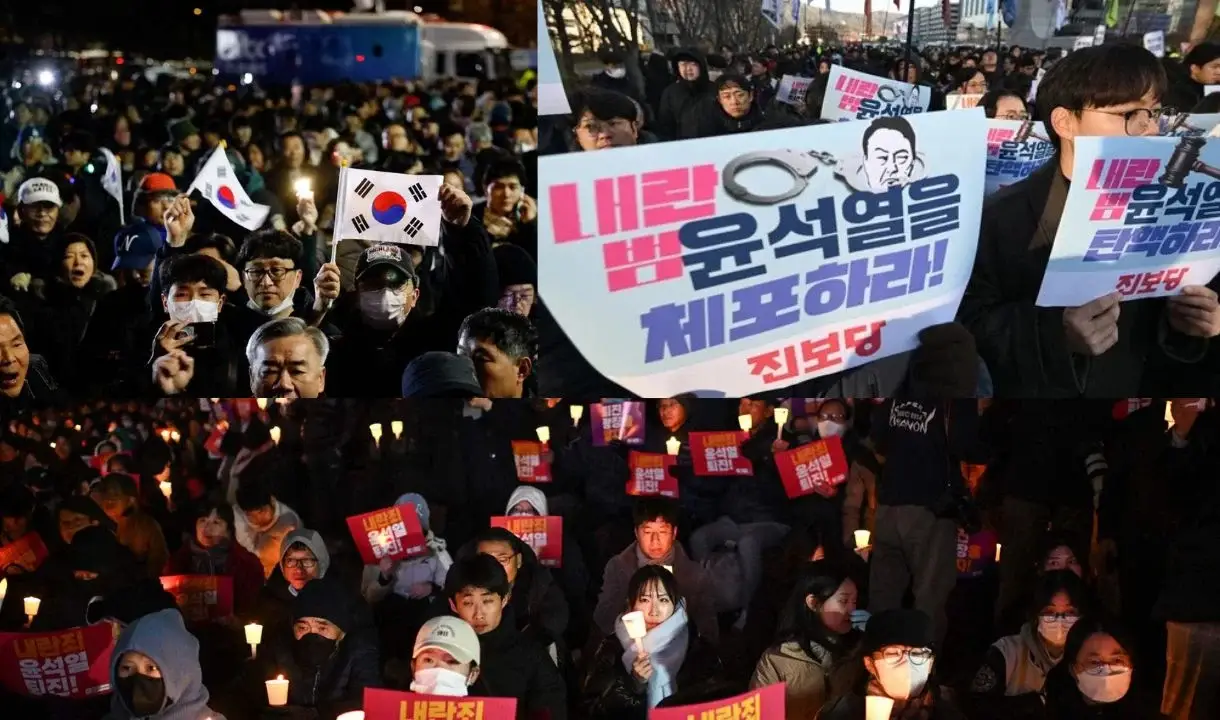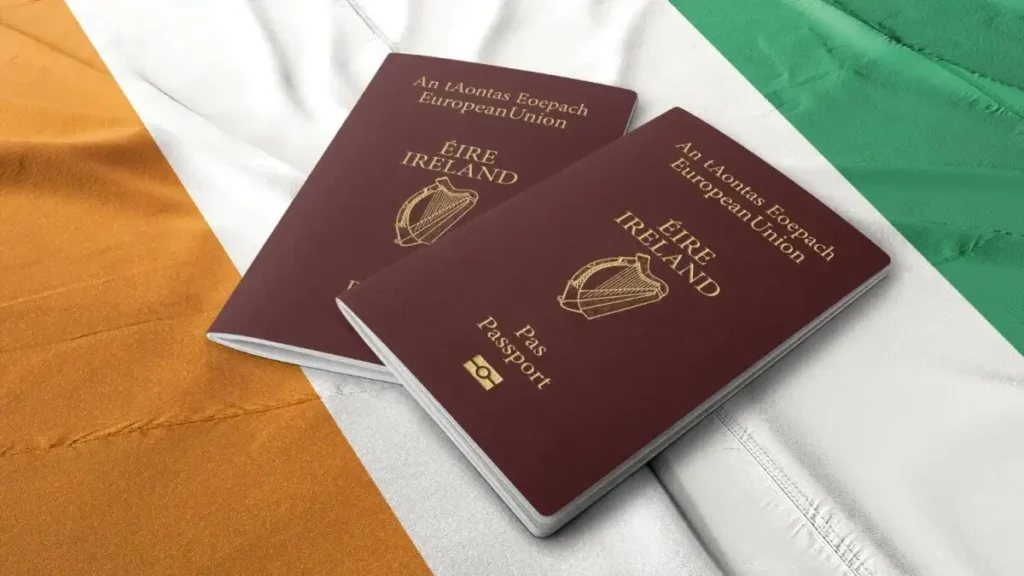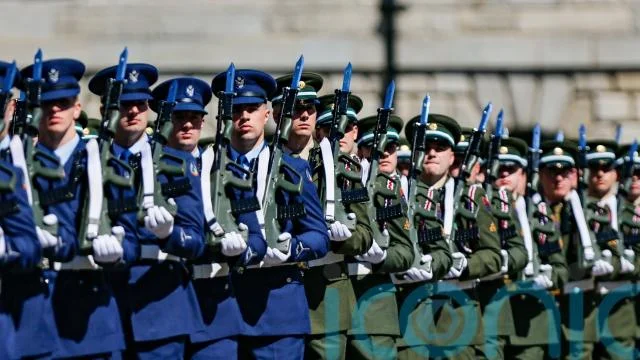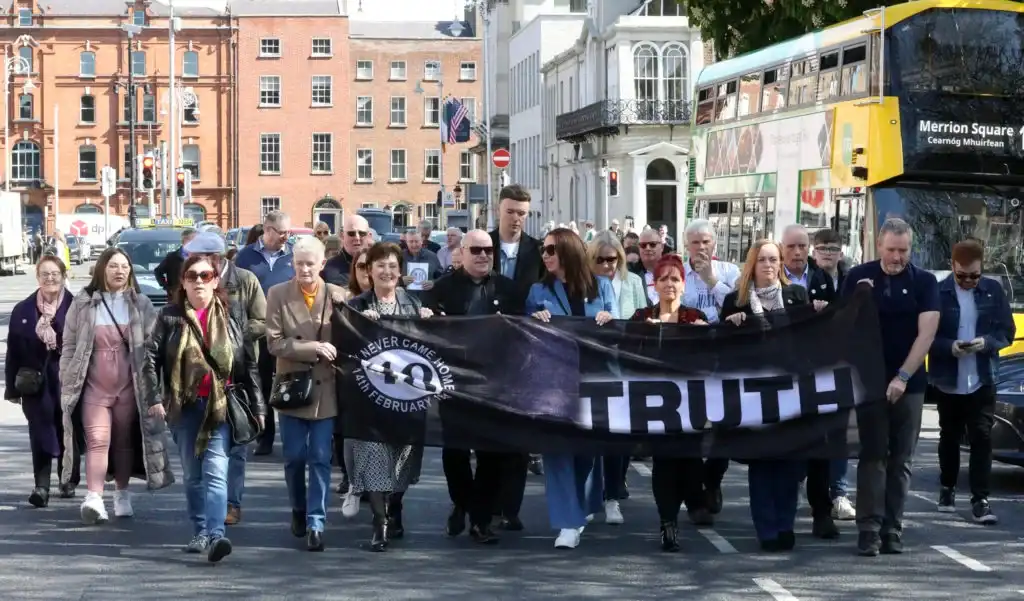Anti-President Protest Intensifies as Martial Law Sparks Backlash in South Korea

As the entire country bursts into an anti-president protest, political turmoil engulfs South Korea currently. Thousands of people marched through central Seoul waving placards and shouting slogans demanding the resignation of the current president Yoon Suk Yeol from office. This unrest was worsened when the current president declared martial law that almost immediately was reversed due to a fierce backlash. One of the most considerable political crises in decades was triggered by the move for Asia’s fourth-largest economy.
| Event | Details |
|---|---|
| Martial law declaration | Announced by President Yoon citing security threats. |
| Reversal of martial law | Overturned unanimously by South Korea’s parliament. |
| Protest initiation | Triggered mass demonstrations across the country. |
The Events Leading to the Protest
Declaration and Immediate Reversal of Martial Law
President Yoon’s declaration of martial law rattled the entire country to its very foundation.
“All this was justified by the external threats from nuclear-armed North Korea and anti-state forces”, he said.
Critics, however, contend that no credible evidence had been adduced to suggest any imminent and plausible danger to the nation. Speedy proceedings by South Korea’s parliament resulted in overwhelming support for the unanimous passing of a motion seeking to rescind the law within that same day, making it mandatory for Yoon to retract his decision.
Public Reaction to Martial Law
The declaration of martial law came with outrage, serving as the spark for the largest protest against the president seen in recent years. The opposition accused Yoon of misusing power, while citizens characterised his actions as a threat to the democratic fabric of the state.
Details of the Protest March
Scale and organisation
The protest against the president drew crowds by the thousands, including members of South Korea’s umbrella federation of unions, the Korean Confederation of Trade Unions. Carrying signs that read “Yoon Suk Yeol, step down,” they marched down Seoul’s main thoroughfare. Political opposition and labor unions may have coordinated efforts for this demonstration to show a strong consolidated front against the standing president.
Key Locations and Activities
It culminated in front of the National Assembly where the demonstrators sat to show displeasure. Protesters chant slogans and clap, calling for immediate impeachment proceedings against the president. The turn of events marked a unifying show of dissent, intensifying the clarion call for political accountability.
Political and Economic Fallout
Political Responses and Impeachment Efforts
The anti-president protest has inspired a movement to impeach Yoon. Opposition political parties jointly submitted an impeachment bill that they hope to pass in 72 hours time. Lawmakers accused Yoon of treason, stating that his acts show an inability to govern effectively.
| Party | Seats in Parliament | Position on Impeachment |
|---|---|---|
| Yoon’s Party | 108 | Against |
| Opposition Coalition | ~190 | In favor |
Economic Repercussions
The turmoil has sucked the lifeblood out of South Korea, as even the stock market slid by 2% and the won seems to be trading at its two-year lowest. Amidst all the confusion, Defense Minister Kim Yong-hyun submitted a resignation reflecting resposibility for the confusion caused by the martial law declaration.
| Indicator | Impact |
|---|---|
| Stock market | Declined by 2% |
| South Korean won | Hit a two-year low |
International Implications
Global Concern over South Korean Democracy
Global Concern on South Korea Democracy. This has impelled the protest outside the anti-president to concern over the democracy of South Korea. Allies, not least of which is the United States, rejoiced to hear that Yoon turned down martial law. Secretary of State Anthony Blinken was one such actor whose orchestrations emphasised the prominent importance of argument aimed at maintaining democratic principles within the region.
Role of the US and Security Concerns
The crisis is now posing questions concerning security in a nation that is actually hosting 28500 soldiers of the United States. While Yoon based his rationale for martial law on foreign threats, most people think that this is generally understood as political and has even made trust in his leadership deeper wounds.
The Political Future of President Yoon
Dwindling Support and Political Challenges
Beyond this anti-president protest, discontent extends within Yoon‘s presidency. Approval ratings have stagnated because more than 20% are not really enough for the public’s trust. He has agitated the erosion with loss by the party line in parliamentary elections.
Views on leadership and governance
As Yoon’s efforts at impeachment pile up, he will face the cruelest political future ever for himself. The crisis will throw up results that will probably determine the future direction of governance and democracy in South Korea. Whether he survives or resigns politically, the anti-president protest will leave an indelible mark on this presidency.
Conclusion
Such anti-president protests have been indicative of the popular realisation within South Korea that democratic ideals and public accountability have ingredients in the protest. It is indeed a grim reality for the nation that thrives on bringing about changes while the contentious actions of the president continue to haunt it.
Indeed, this political instability has highlighted the precarious balances that the systems of democracy must maintain in their effective functioning in an environment that is continually jolting the world. The impending impeachment leaves South Korea haplessly hanging politically, and whoever emerges as the new South Korean leadership is likely going to set the stage for the leadership that will be in place for the years to come.
FAQs
1. Why are South Koreans protesting against President Yoon Suk Yeol?
South Koreans are protesting due to President Yoon’s declaration of martial law, which was seen as an abuse of power. His decision sparked nationwide outrage, leading to demands for his resignation.
2. What triggered the anti-president protest?
The declaration of martial law, quickly reversed under parliamentary pressure, was the catalyst. Citizens and opposition parties accused Yoon of endangering democracy.
3. How has the anti-president protest impacted South Korea’s economy?
The unrest caused a 2% decline in the stock market and the South Korean won to fall to a two-year low, showcasing the economic instability caused by the crisis.
4. What are the international implications of the protest?
Global allies, including the United States, are concerned about the impact on South Korea’s democracy and stability, given the nation’s strategic importance.
5. Could President Yoon face impeachment?
Yes, opposition parties have submitted an impeachment bill, which could be passed within 72 hours. If successful, the matter will go to South Korea’s constitutional court.
LATEST NEWS
DISCOVER MORE






